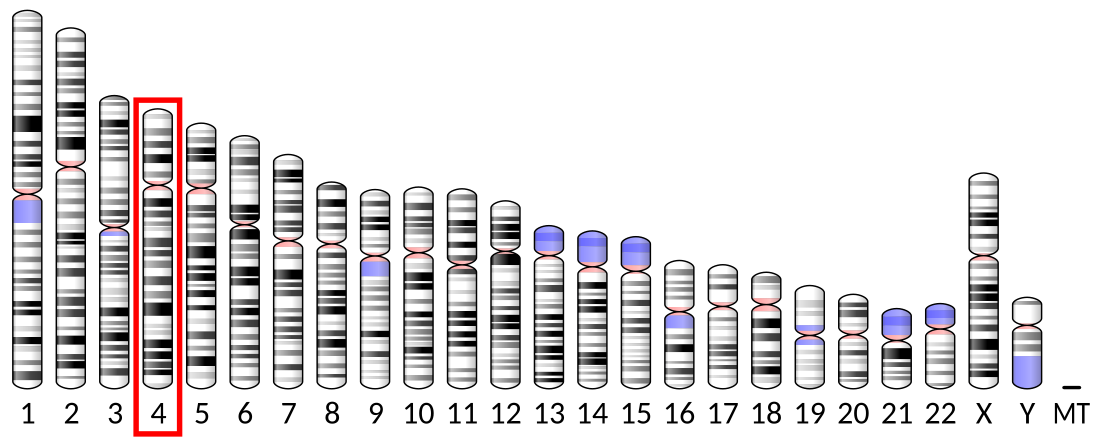Top Qs
Timeline
Chat
Perspective
FAT4
Protein-coding gene in the species Homo sapiens From Wikipedia, the free encyclopedia
Remove ads
Protocadherin Fat 4, also known as cadherin family member 14 (CDHF14) or FAT tumor suppressor homolog 4 (FAT4), is a protein that in humans is encoded by the FAT4 gene.[5][6]
FAT4 is associated with the Hippo signaling pathway.[7]
Remove ads
Clinical significance
Mutations in FAT4 are associated to Hennekam syndrome.[8]
References
Further reading
Wikiwand - on
Seamless Wikipedia browsing. On steroids.
Remove ads




